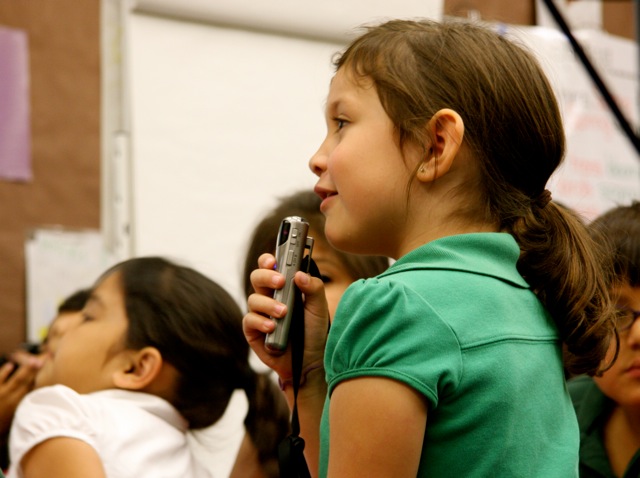Jack and Jill went up the hill. Jack got robbed. Jill got jobbed.
Shortchanged J & J
Shortchanged
It isn’t the classic nursery rhyme but it is what students may learn this year as school budgets across the country are gutted.
From Oshkosh, Wis. to Puyallup, Wash., schools will suffer the axe this year as districts and states continue to grapple with big budget holes due to the recession.
The Oshkosh School District, for example, is debating the closure of middle and elementary schools, larger classes and culling around 35 positions, according to WLUK-TV in Green Bay.
Oshkosh’s problems arose after Wisconsin ended the fiscal year with a $2.71 budget gap. Varying by state and district, schools are usually funded by a combination of local, state and federal money.
Thousands of miles away, the Puyallup School District faces a 21 percent budget cut that could result in layoffs, larger classes and a possible school closing, according The News Tribune in Tacoma, Wash.
